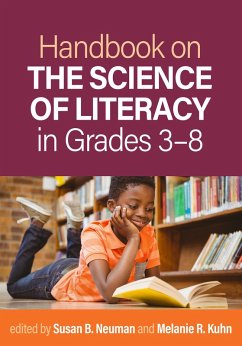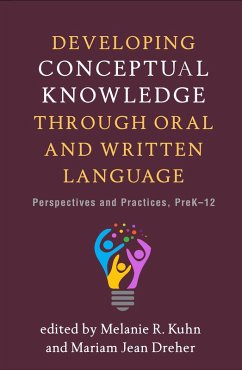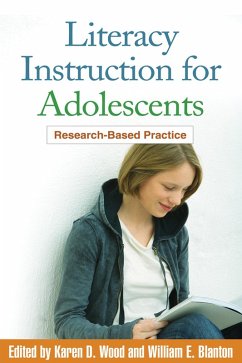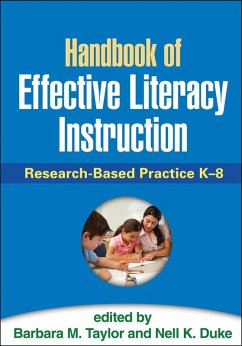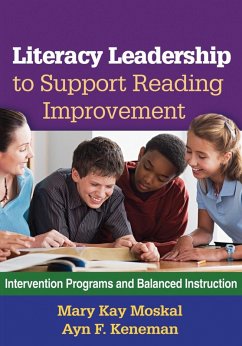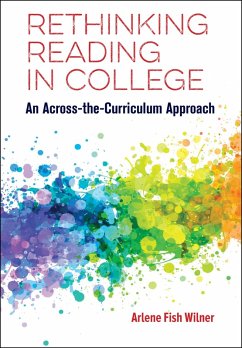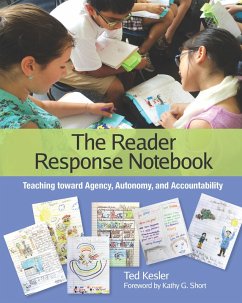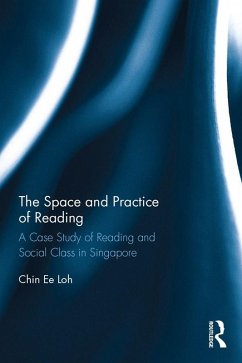
Handbook of Early Literacy Research, Volume 3 (eBook, ePUB)
Versandkostenfrei!
Sofort per Download lieferbar
48,95 €
inkl. MwSt.
Weitere Ausgaben:

PAYBACK Punkte
24 °P sammeln!
Building crucial bridges between theory, research, and practice, this volume brings together leading authorities on the literacy development of young children. The Handbook examines the full range of factors that shape learning in and out of the classroom, from basic developmental processes to family and sociocultural contexts, pedagogical strategies, curricula, and policy issues. Highlights of Volume 3 include cutting-edge perspectives on English language learning; innovative ways to support print knowledge, phonological awareness, and other code-related skills; and exemplary approaches to ea...
Building crucial bridges between theory, research, and practice, this volume brings together leading authorities on the literacy development of young children. The Handbook examines the full range of factors that shape learning in and out of the classroom, from basic developmental processes to family and sociocultural contexts, pedagogical strategies, curricula, and policy issues. Highlights of Volume 3 include cutting-edge perspectives on English language learning; innovative ways to support print knowledge, phonological awareness, and other code-related skills; and exemplary approaches to early intervention and teacher professional development.
Dieser Download kann aus rechtlichen Gründen nur mit Rechnungsadresse in A, D ausgeliefert werden.




